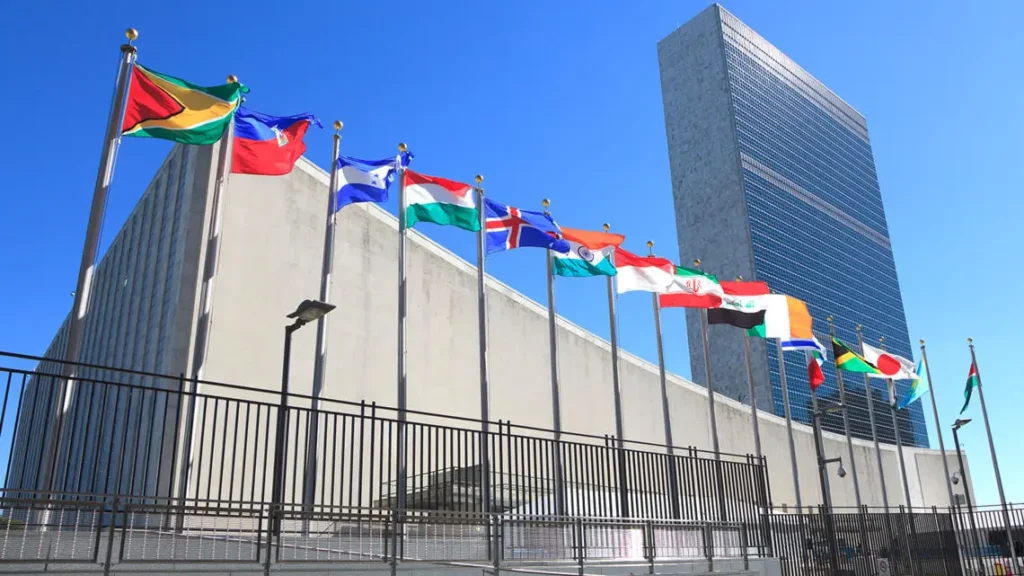New Delhi, 19 May: Today, the World Business Council for Sustainable Development (WBCSD) and the WASH4Work coalition released an updated Pledge for access to safe water, sanitation and hygiene (WASH).
The scale of disruption caused by the coronavirus pandemic is unprecedented. While governments and public health authorities are working to control the pandemic, everyone from all sections of the society – including businesses and employees – will play a crucial role in combating COVID-19. For business, it is pivotal moment to deploy all its care, critical know-how, reach and resources to making their workplaces and communities safe.
Like other viral infections, the coronavirus can be transferred from one surface to another by contaminated hands, which facilitates indirect contact transmission. Consequently, hand hygiene is a crucial step to prevent the spread of the virus.
There is a compelling economic case for businesses to demonstrate leadership by addressing this situation. Ensuring proper hygiene and regular and thorough hand washing by employees, contractors and customers is a low-cost but one of the most effective methods to combat the spread of the COVID-19 virus at the workplace.
Many businesses have operations, employees, contractors and customers in countries lacking access to good standards of WASH. This can lead to various illnesses and fatalities, impair productivity and restrict markets for some products and services, impact operations, financial performance and the reputation of the company.
The WASH Pledge originally developed in 2013 allowed companies to commit to and implement access to safe water, sanitation and hygiene at an appropriate level of standard for their employees at all company premises within their control. The update expands the scope of the Pledge to include a company’s value chain, suppliers and communities around the workplaces or where their workers live. The updated self-assessment tool and guiding principles will support businesses in implementing the Pledge as per the expanded scope.
The WASH Pledge has been updated in partnership with the WASH4Work initiative. WASH4Work is a coalition of organizations that work together to mobilize business to improve access to water, sanitation and hygiene in their workplaces, in the communities where workers live and across their supply chains.
The WASH Pledge is an opportunity for business to implement international best practice on WASH for their employees at the workplace as well as along its value chains and communities. We encourage businesses to commit to the Pledge, gauge their performance on WASH access in comparison to international best practice, and play their part in ensuring safe WASH access, thus making a direct contribution to addressing one of the most pressing public health challenges of our times.
“In the past seven years, over 50 companies have signed the WASH Pledge: making a commitment to improve WASH facilities in their places of work. This represents over 2.5 million employees in 170 countries across over 6,000 sites,” said Tom Williams, Director for Water at WBCSD. “As workers across the globe get ready to go back to offices, manufacturing facilities, retail outlets, farms and other places of work, it is critical that access to safe drinking water, sanitation and hygiene facilities are readily available as a preventative measure against diseases such as COVID-19.”
“In the context of COVID-19, the role of clean water and good hygiene as a stimulator of workforce health and business resilience is clear,” said Kate Holme, Chair, WASH4Work and Strategic Partnership Director, WaterAid. “The updated Pledge – advocating for WASH action within the workplace and beyond the fence line in the supply chains and communities where workers live – is an opportunity for businesses to demonstrate proactive commitment and progressive action. The WASH4Work coalition is proud to support the WASH Pledge.”
As you read, assess and implement the WASH Pledge, we encourage you to share your experiences with us. In this rapidly evolving global economy, where social license to operate, reputational risk and access to natural resources have become increasingly important to success, adequate access to WASH should be a key element in a company’s sustainability strategy.
Contact Namita Nair for more information.
Related
Content

Insider Perspective: Key Takeaways from the 2018 High-level Political Forum on Sustainable Development
27 July, 2018

WASH Pledge guiding principles and self-assessment tool: Now available in Spanish
6 November, 2020

PepsiCo announces “net water positive” commitment
17 August, 2021

